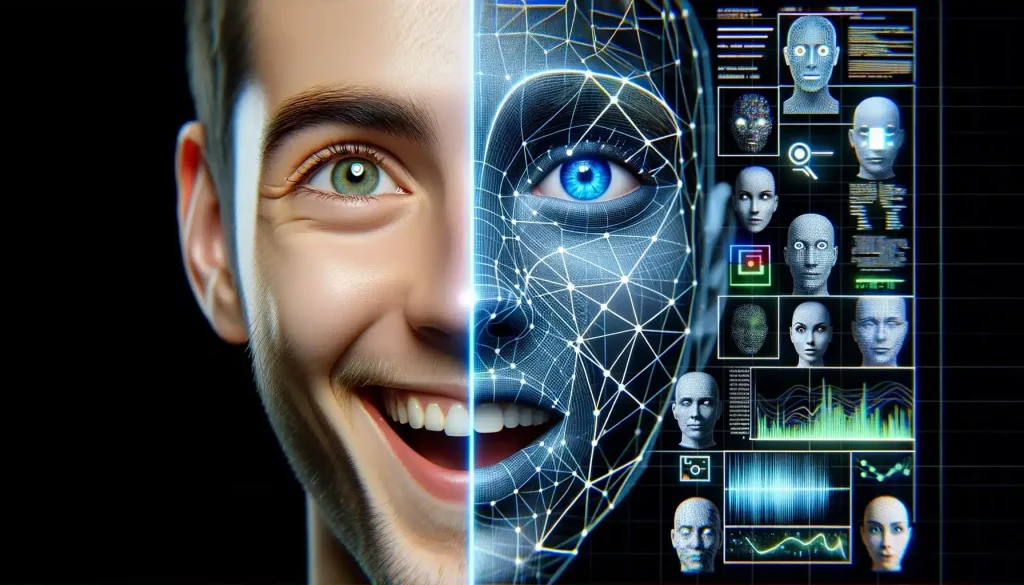Emotion AI: The Upcoming Business Software Trend Sparking Debate
In a world where artificial intelligence is rapidly infiltrating every corner of our lives, a new trend is emerging: emotion AI. This innovation aims to enhance AI driven business applications by enabling them to recognize and react to emotions effectively. With the rising use of AI helpers like chatbots and automated customer service agents by businesses the significance of emotion AI becomes evident. It’s crucial for AI to discern between a frustrated “What do you mean by that?”. A puzzled one, in order to engage effectively with humans.
Emotion AI aims to be a more advanced version of sentiment analysis, which attempts to distill emotions from text-based interactions. By combining cues with sound and other sensory information along with the power of machine learning and psychology insights emotion artificial intelligence aims to recognize human emotions in real time during interactions. Leading cloud service providers such, as Microsoft Azure and Amazon Web Services have already integrated emotion artificial intelligence features into their services and Reckognition offerings.

The Silicon Valley Approach
The rise of emotion AI in business software is a quintessentially Silicon Valley solution: using technology to solve a problem created by using technology with humans. Many new companies such as Uniphore and MorphCast have received investments to create emotion artificial intelligence technologies that aim to understand human emotions better in various applications, like customer service and beyond.
However, the effectiveness of this approach remains uncertain. Even if AI bots eventually gain some form of automated empathy through emotion AI, there’s no guarantee it will truly work as intended. Scientists have raised doubts in the past about the belief that facial expressions or external signals can accurately indicate human emotions.

Regulatory Hurdles and Privacy Concerns
As emotion AI gains momentum, it faces potential regulatory roadblocks. The AI Act within the European Union restricts the usage of emotion artificial intelligence systems based on computer vision in sectors such as education while laws in some U.S states like Illinoiss BIPA mandate obtaining consent prior to gathering data which may impede the extensive integration of emotion AI, into corporate software solutions.
Privacy issues are also a concern, particularly when it comes to AI bots scrutinizing employees’ emotions in meetings or interactions, with customers, which brings up ethical dilemmas; Will people feel at ease knowing that their feelings are being observed and analyzed by AI technology? How will companies handle the sensitive data collected by emotion AI systems? These issues need to be carefully addressed.

The Future of Emotion AI in Business
Despite the challenges, the allure of emotion AI in business software is undeniable. Businesses view this as a method to enhance the human efficient nature of their AI driven systems; nevertheless the actual outcome might not be as groundbreaking as anticipated potentially leading to workspaces teeming with AI assistants reminiscent of initial iterations of Siri. Lacking in emotional comprehension and overall functionalities.
As we navigate this emotion AI-infused future, it’s crucial to balance the potential benefits with the risks and limitations. Will emotion artificial intelligence truly enhance the way businesses operate, or will it introduce a new set of problems? It’s impossible to predict the future with certainty; however one fact remains clear. The discussion on emotion AI, in software is just starting to unfold.
